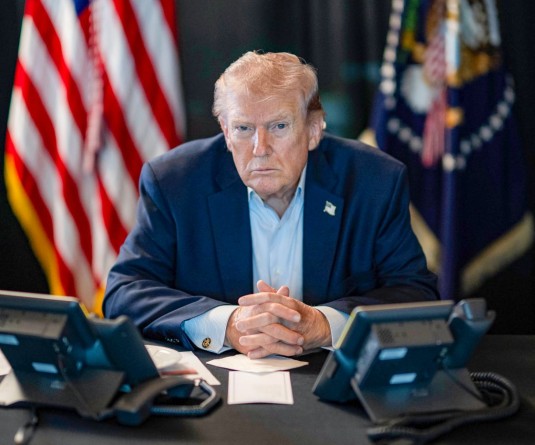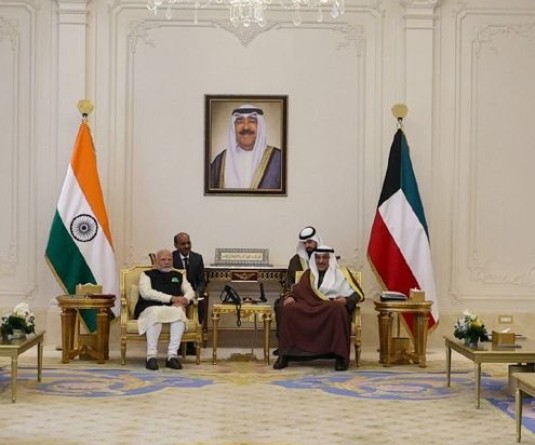SC asks J-K to review orders imposing curbs within a week, says access to Internet fundamental right

File Photo: The Central Wing of the Supreme Court of Indi, New Delhi. (Photo: Subhashish Panigrahi [CC BY-SA (https://creativecommons.org/licenses/by-sa/4.0)] via Wikimedia Commons)
Section 144 CrPC (prohibitory orders) cannot be used indefinitely to suppress freedom of speech and expression and difference of opinion, says SC
New Delhi, January 10 (PTI): In a significant ruling, the Supreme Court on Friday said that access to Internet is a fundamental right under Article 19 of the Constitution and asked the Jammu and Kashmir administration to review within a week all orders imposing curbs in the Union Territory.
A five-judge bench headed by Justice N V Ramana also asked the J-K administration to restore Internet services in institutions providing essential services like hospitals and educational places.
The verdict came on a batch of pleas which challenged curbs imposed in Jammu and Kashmir after the Centre''s abrogation of provisions of Article 370 on August 5 last year.
These batch of pleas were different from another set of petitions which challenge constitutional validity of abrogation of Article 370, being heard by a five-judge Constitution bench. The bench will resume its hearing on January 21.
The three-judge bench which also comprised justices B R Gavai and R Subhash Reddy said Section 144 CrPC (prohibitory orders) cannot be used indefinitely to suppress freedom of speech and expression and difference of opinion.
The bench said access to Internet is a fundamental right under Article 19 of the Constitution, subject to some restrictions and said freedom of press is a valuable and sacred right.
It said magistrates, while passing prohibitory orders, should apply their mind and follow doctrine of proportionality.






